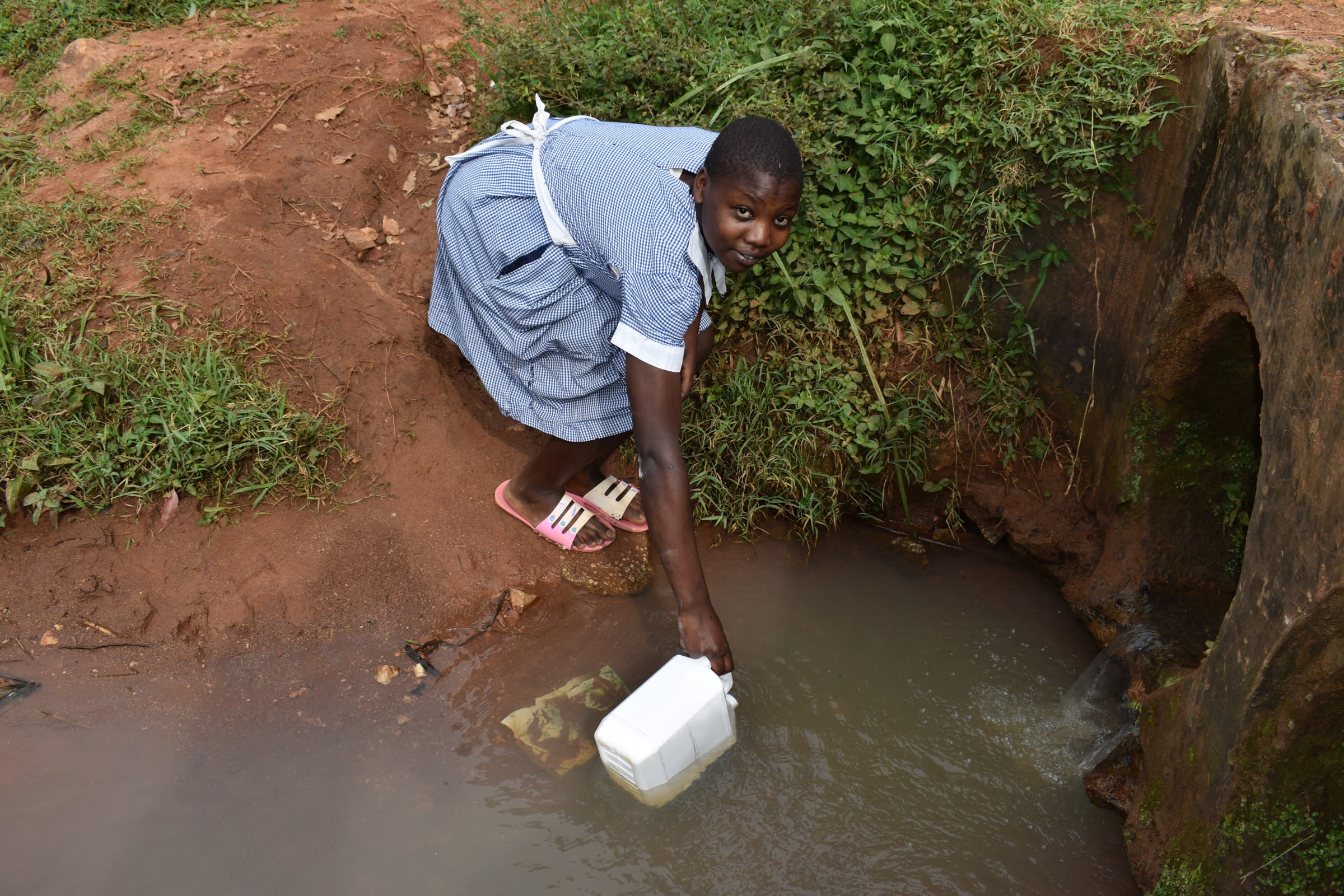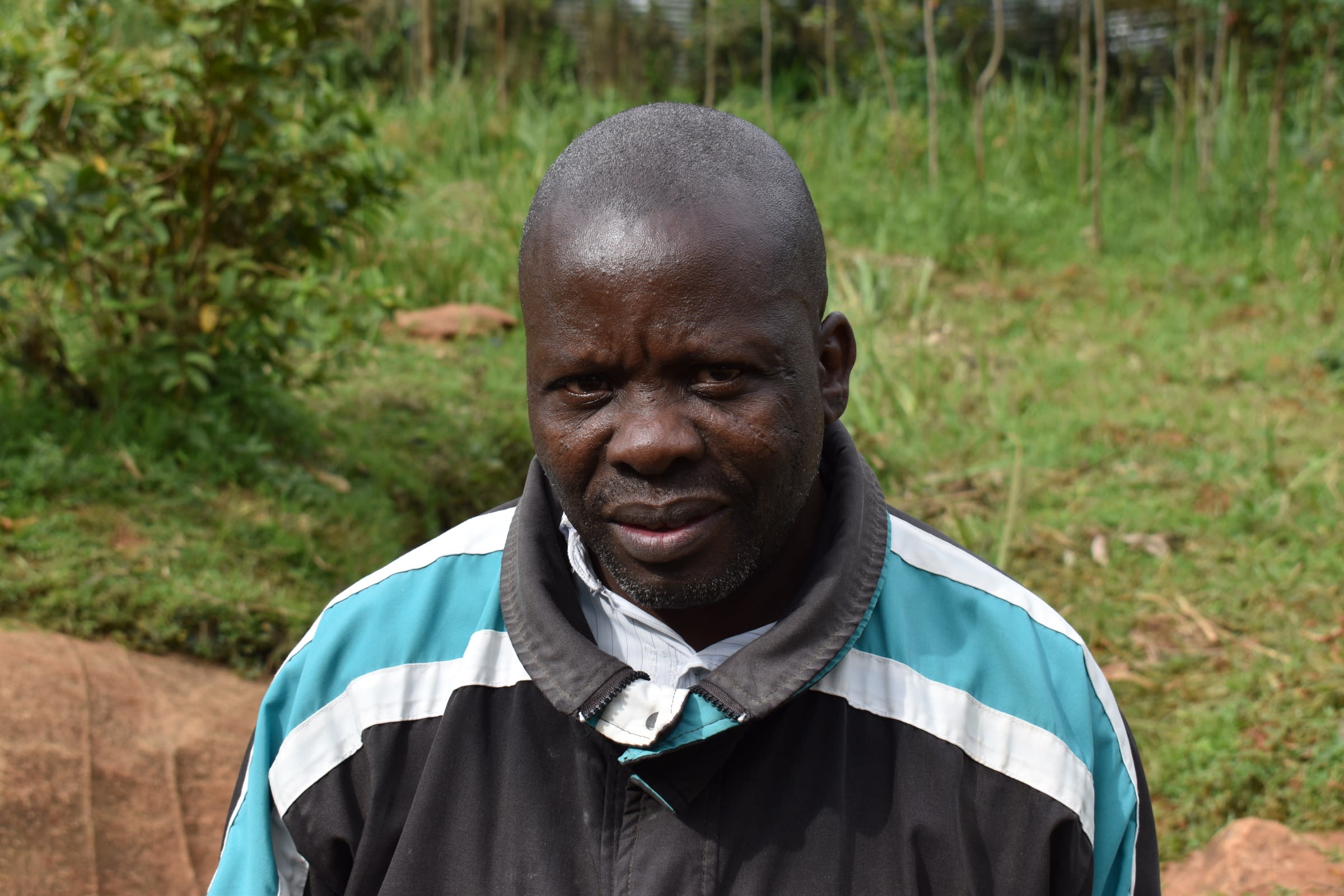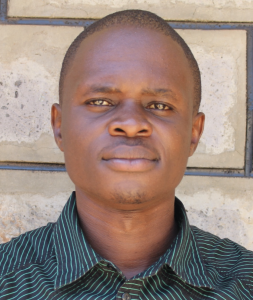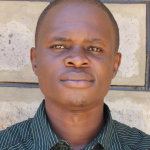Ever since Givole Primary School began in 1953, water shortages have been the main challenge to this institution. The 500 students and 15 staff desperately need clean, safe water for drinking and other activities like cooking and cleaning.
The school relies on rainwater collection and surface water collected by the children from a nearby river, but these sources come with issues.
The rain tanks installed at the school run dry quickly due to the high population relying on them. And the water running to the tanks comes off a rusted roof, making the water questionable for drinking.
"It is my right to access clean, safe water in school, but this is not so. On various occasions, we are requested to go fetch water out of the school compound. Fetching water has been a huge task to me. I feel like quitting school," said Brigit E., 15 (in the below picture).

Water fetched from the river can never be trusted as it is an open source exposed to contaminants that endanger the health of its consumers. During our visit to the river, we spotted animals grazing next to it and farming activities happening very close to the water, which inevitably leads to contamination.
Class lessons are regularly interrupted because students are requested to fetch water from the river located off the school compound. Both teachers and students are affected by this missed class time, which negatively impacts the school's academic performance.
Erick Chevaso, a teacher (pictured below), commented, "Learning time is interrupted when students are requested to go fetch water at the river. Students waste time fetching water, thus interrupting their lessons. I have several times missed teaching my class lessons as the students are not in class at the time."

It is time for the students of Givole to get back to learning full-time without the interruption of leaving the school campus in search of water that, in the long run, is going to make them sick.
What We Can Do:
New Well
We conducted a hydrogeological survey at this school and the results indicated the water table beneath it is an ideal candidate for a borehole well. Due to a borehole well's unique ability to tap into a safe, year-round water column, it will be poised to serve all of the water needs for this school's large population, even through the dry months.
The school will help collect the needed construction materials such as sand, rocks, and water for mixing cement. They will also provide housing and meals for the work team, in addition to providing local laborers. We will complement their materials by providing an expert team of artisans and drilling professionals, tools, hardware, and the hand-pump. Once finished, water from the well will then be used by the school's students and staff for drinking, handwashing, cooking, cleaning, and much more.
Handwashing Stations
There is currently nowhere for students to wash their hands after using the latrines or before eating lunch, let alone the water to do so.
The student health club will oversee the two new handwashing stations we will provide, and make sure they are kept clean and in working condition. The club leaders will fill the handwashing stations with water daily and make sure they are always supplied with a cleaning agent such as soap or ash.
VIP Latrines
We will construct two triple-door latrine blocks using local materials that the school will help gather. Three doors will serve the girls and three doors will serve the boys. All of these new latrines will have cement floors that are designed to be easy to use and to clean. And with a borehole right on school property, there should be enough water to keep them clean.
Training on Health, Hygiene, COVID-19, and More
We will hold a one-day intensive training session with students, teachers, and parents. This training will cover a wide range of topics including COVID-19 symptoms, transmission routes, and prevention; personal and environmental hygiene; and the operation and maintenance of the borehole latrines, and handwashing stations. There will be a special emphasis on handwashing.
Our team of facilitators will use a variety of methods to train, including participatory hygiene and sanitation transformation, and asset-based community development. We will initiate a student health club, which will prepare students to lead other pupils into healthy habits at school and at home. We will also lead lectures, group discussions, and provide illustrative handouts to teach health topics and ways to promote good hygiene practices within the school including handwashing and water treatment. We will then conduct a series of follow-up trainings before transitioning to our regularly scheduled support visits throughout the year.
We and the school strongly believe that all of these components will work together to improve standards at this school, which will help lead to better student academic performance and will help unlock the opportunity for these students to live better, healthier lives.

 Borehole Well and Hand Pump
Borehole Well and Hand Pump
 Rehabilitation Project
Rehabilitation Project






































